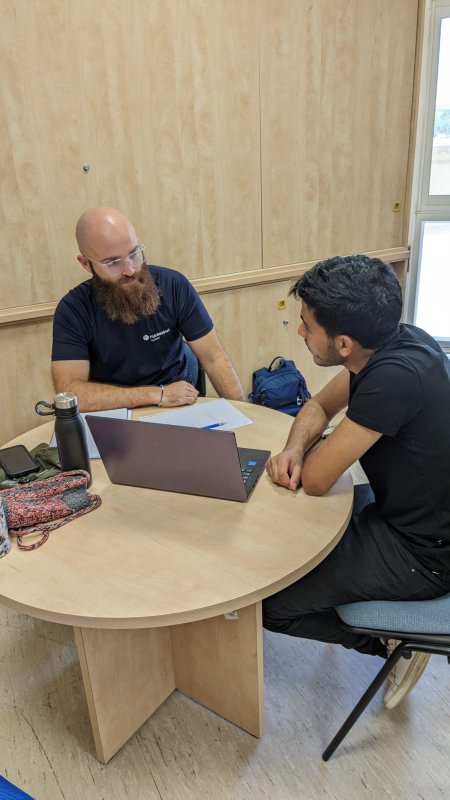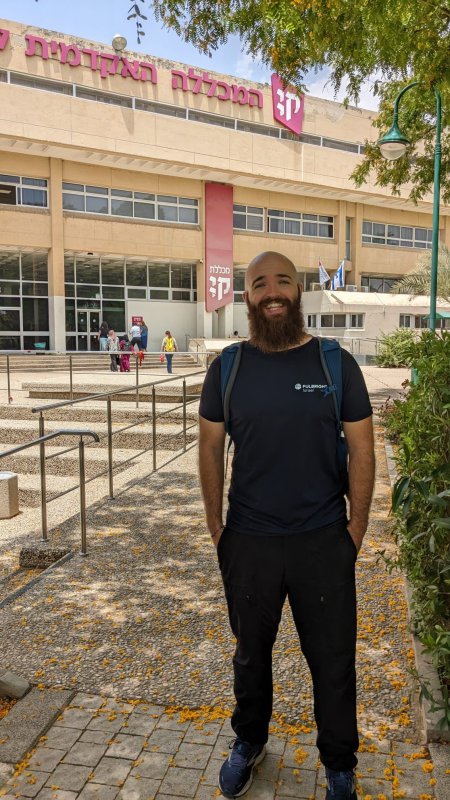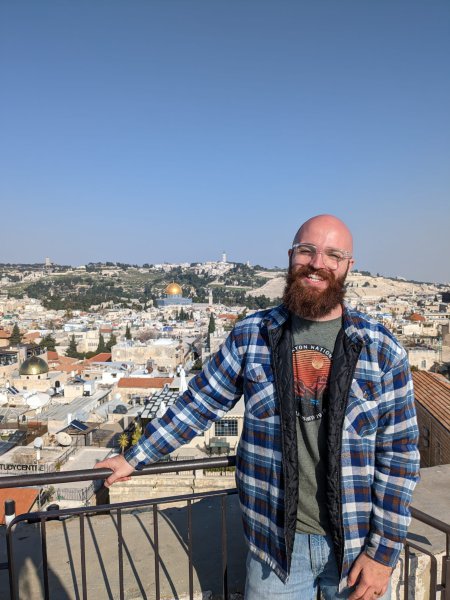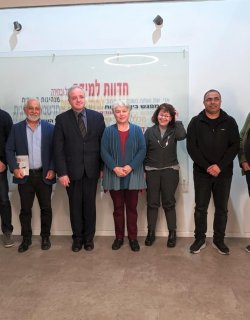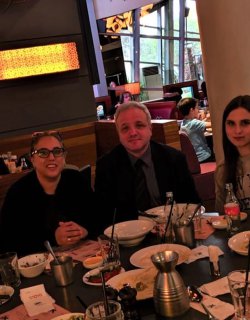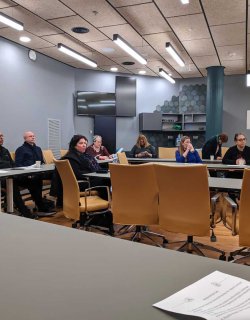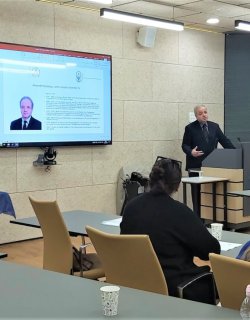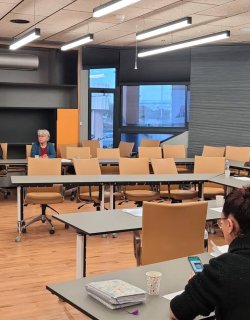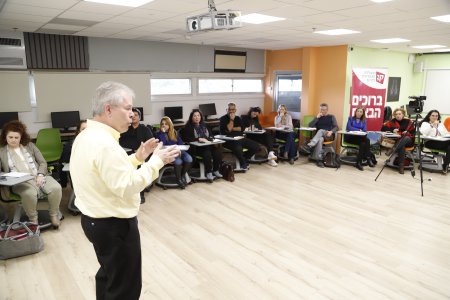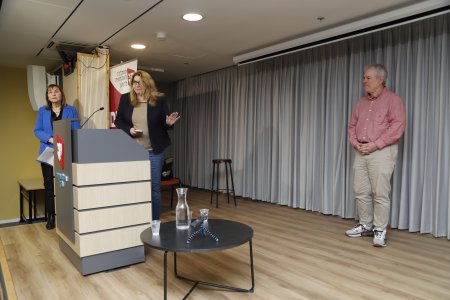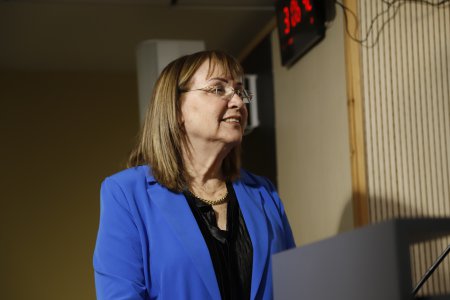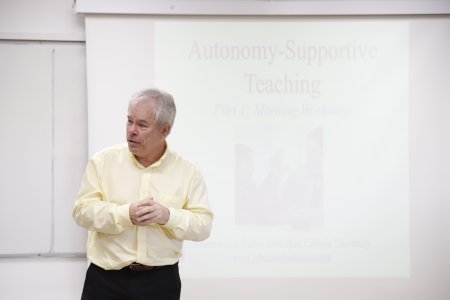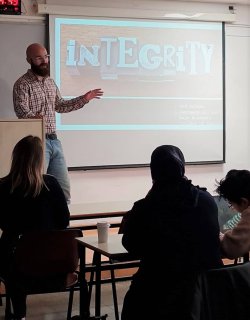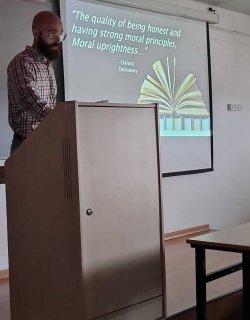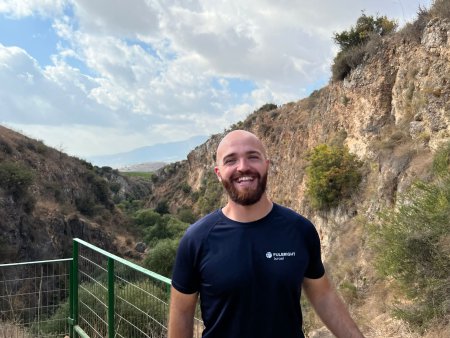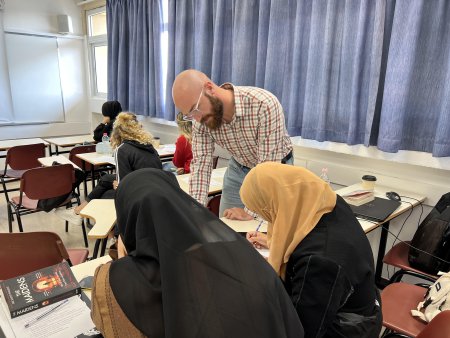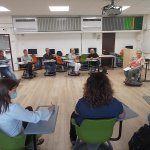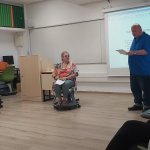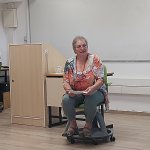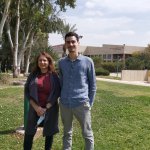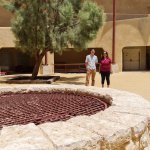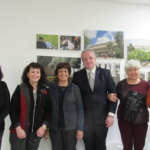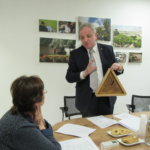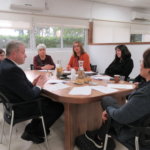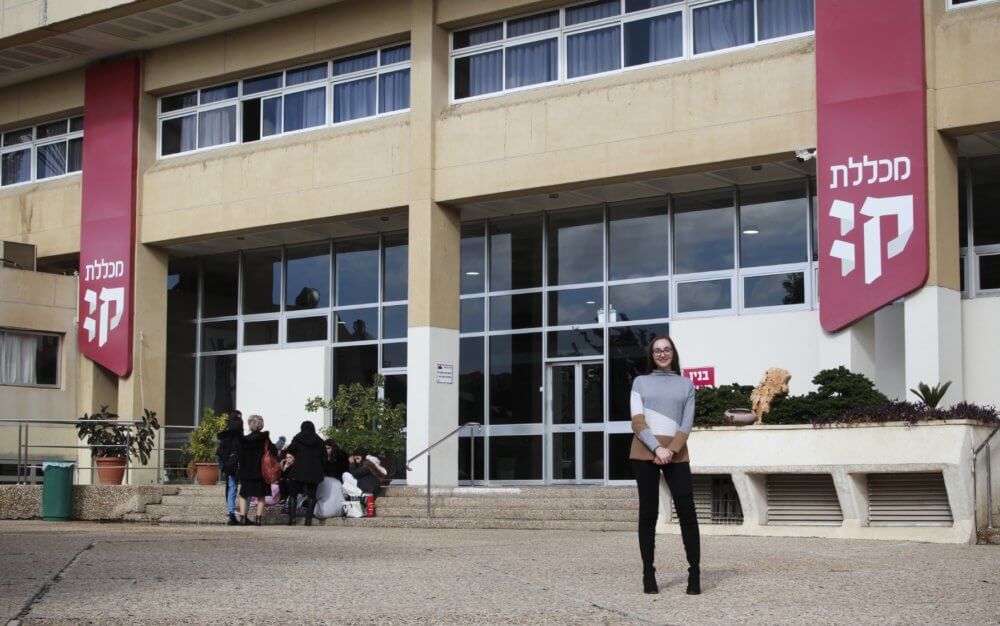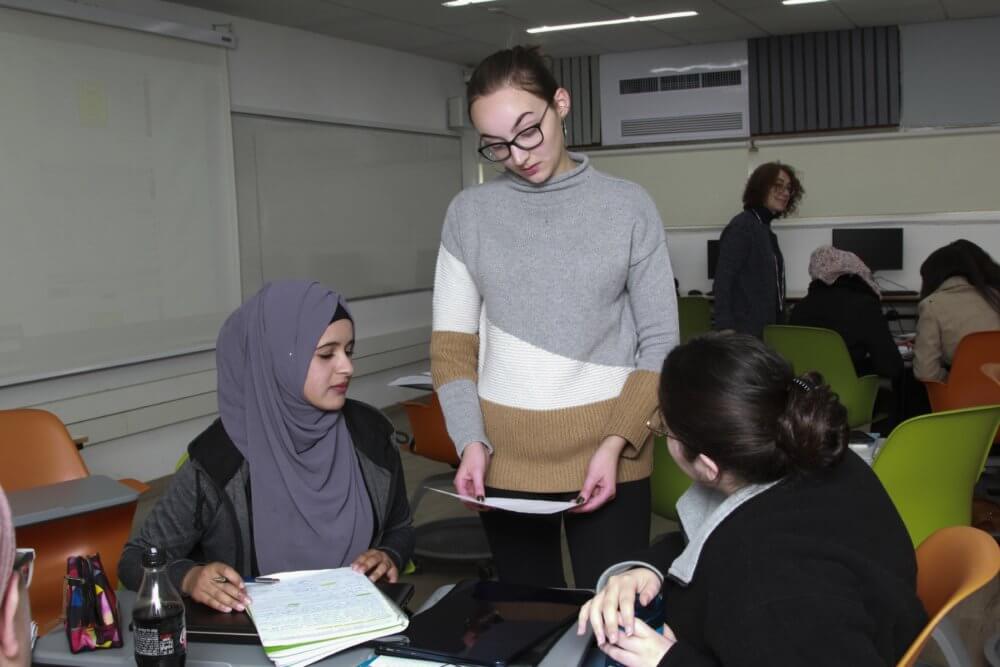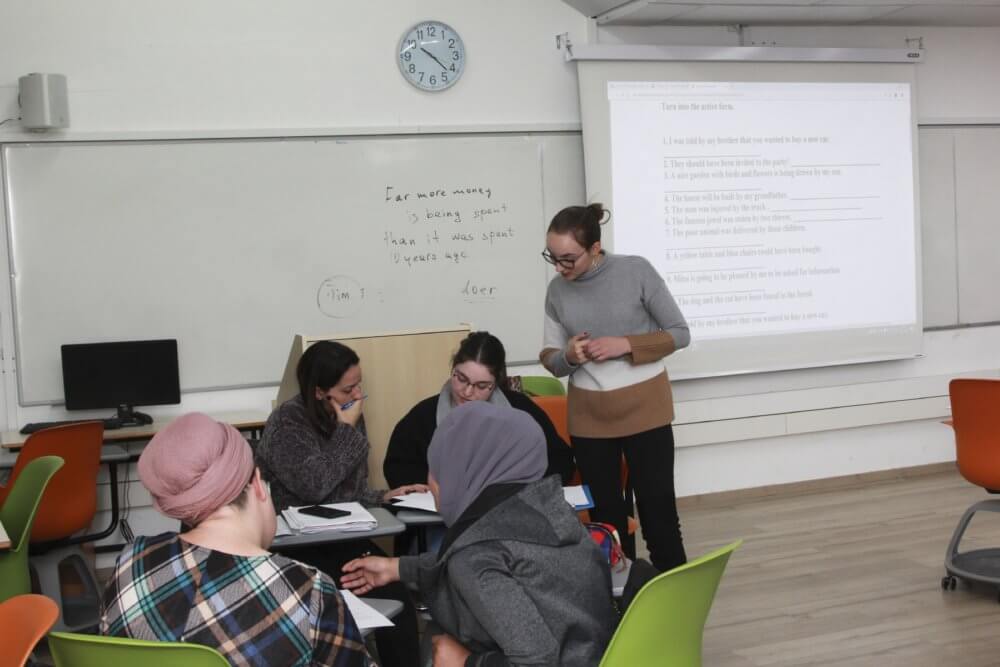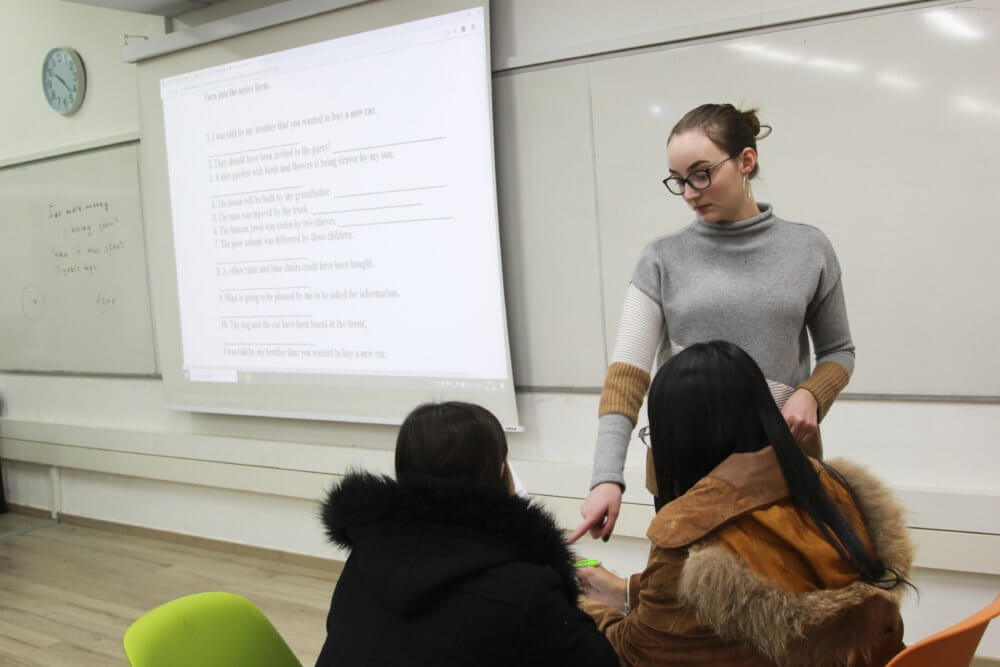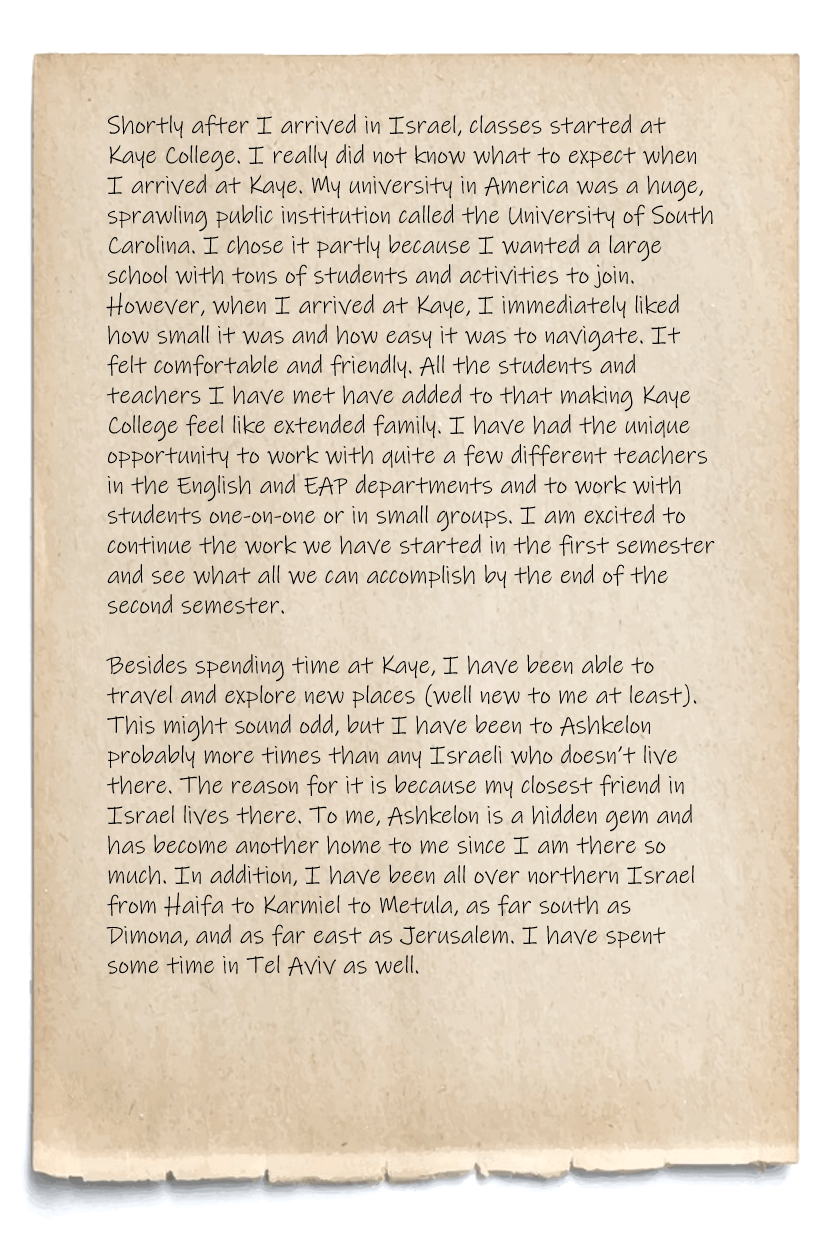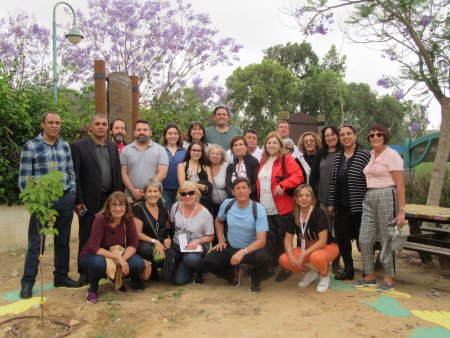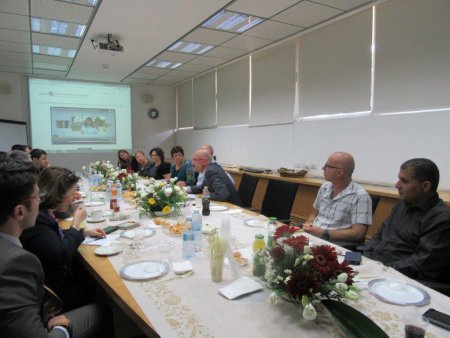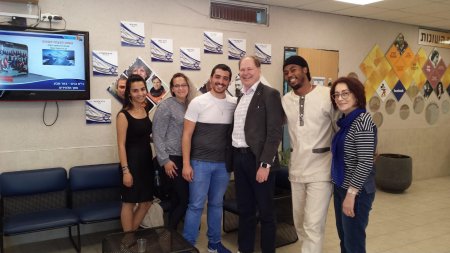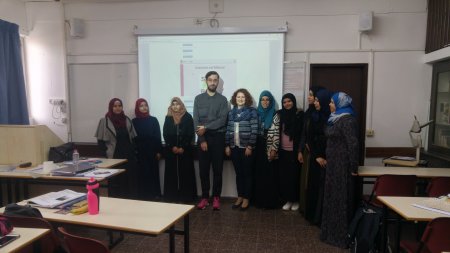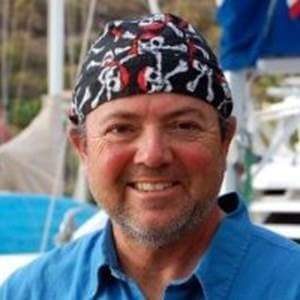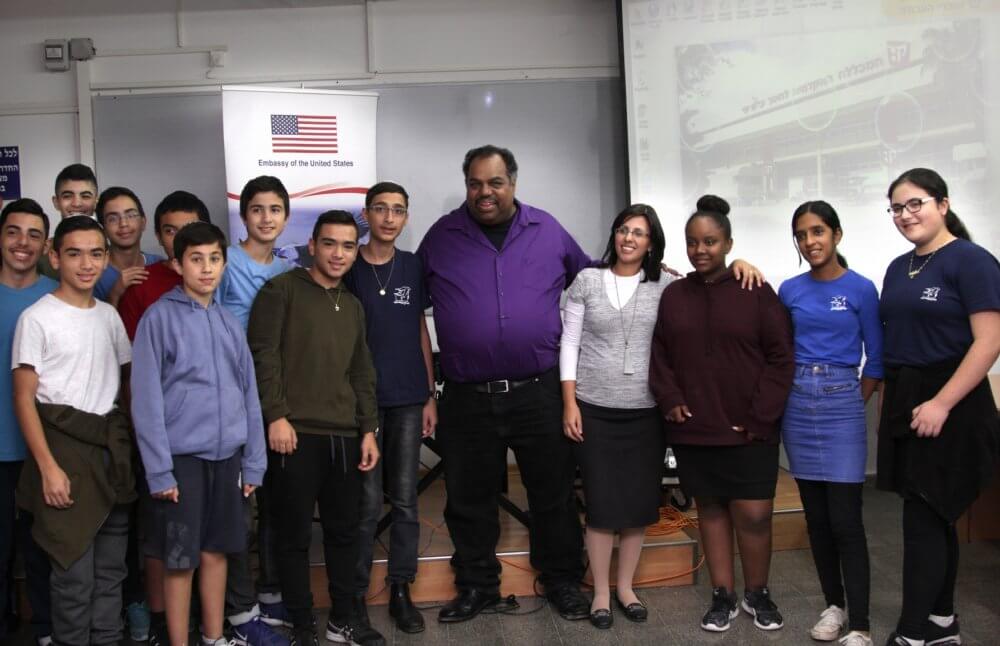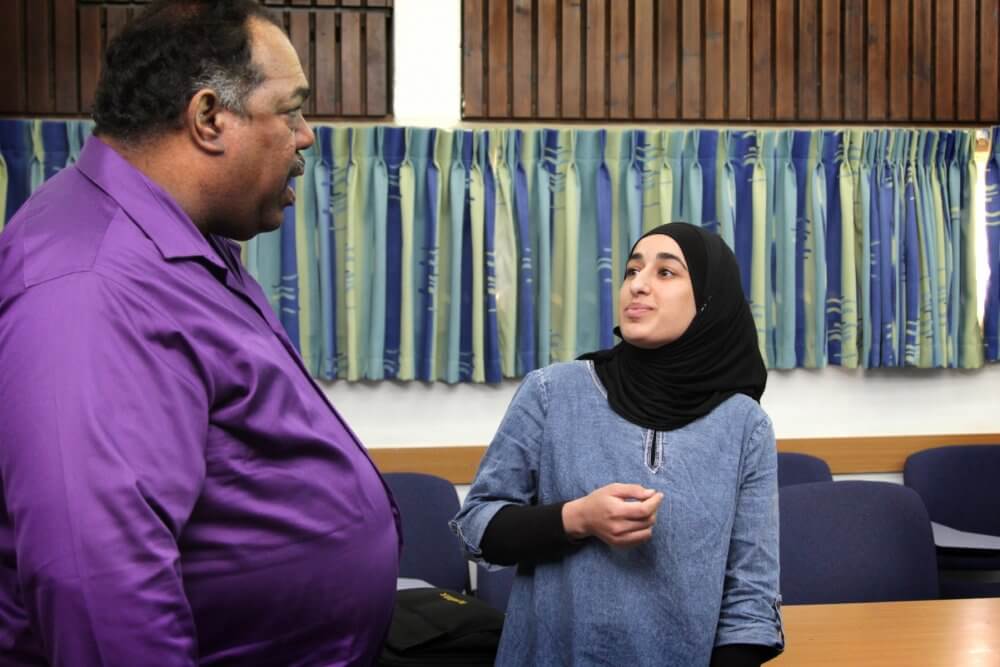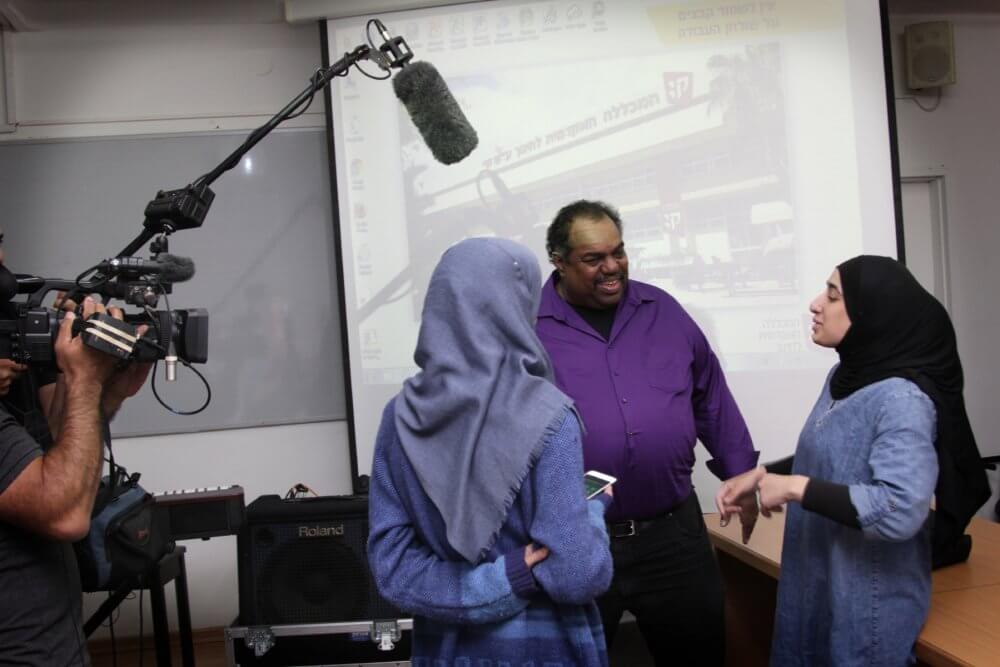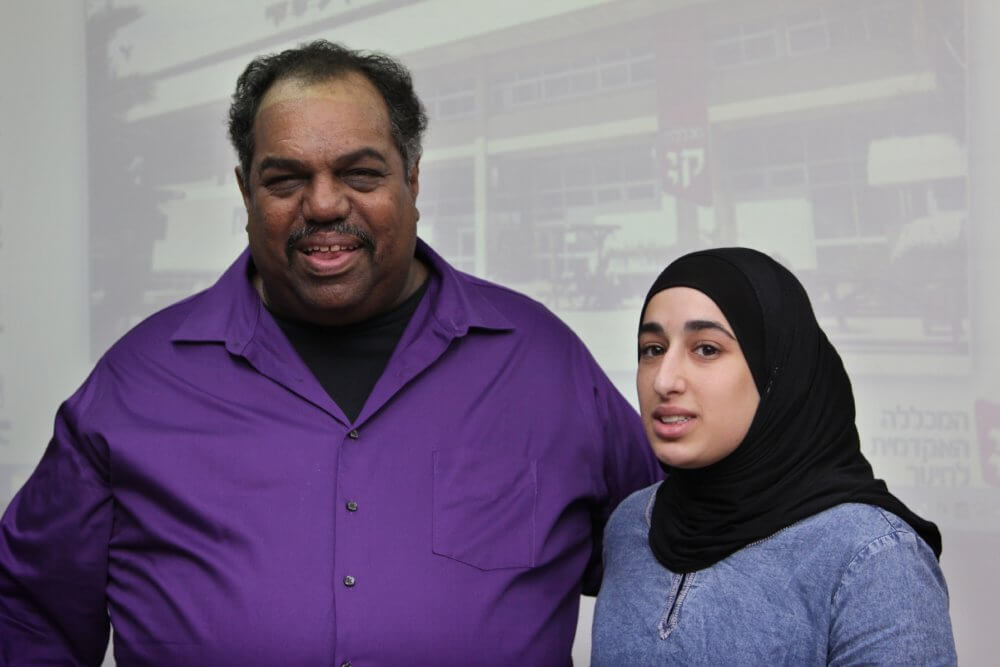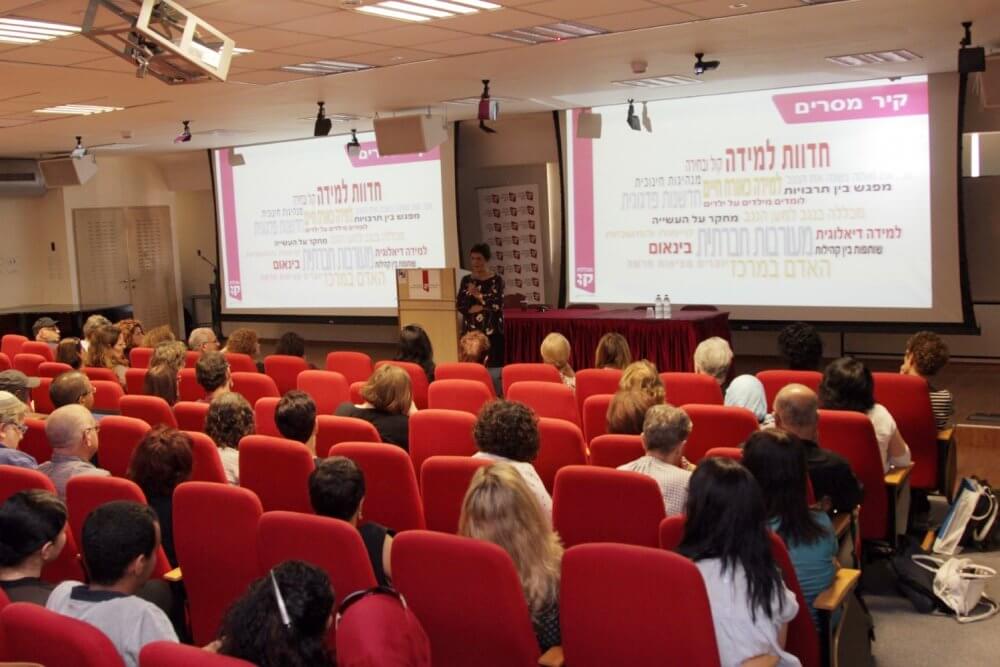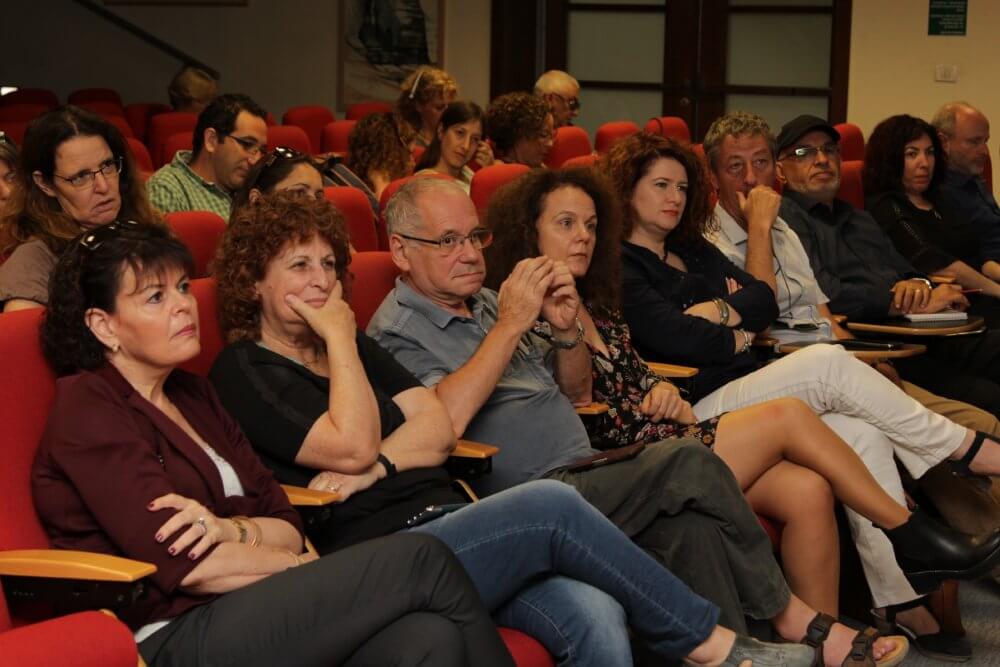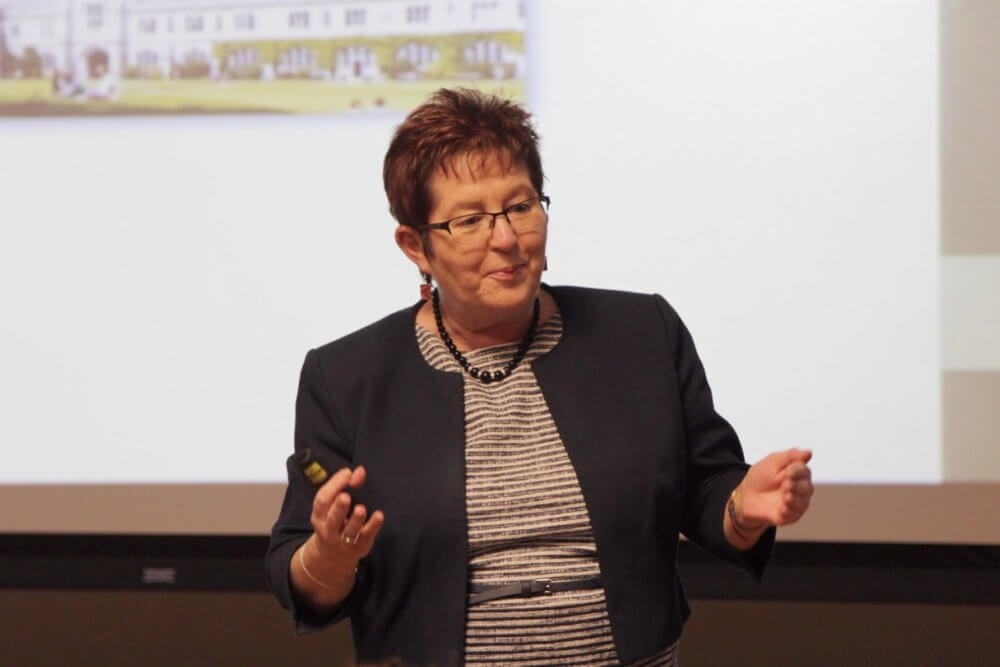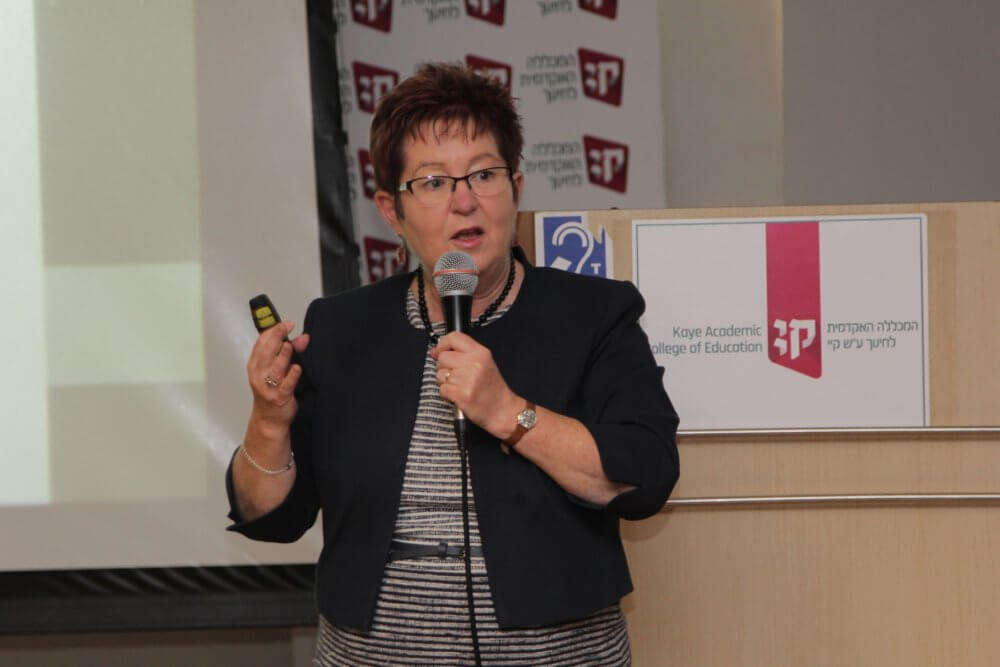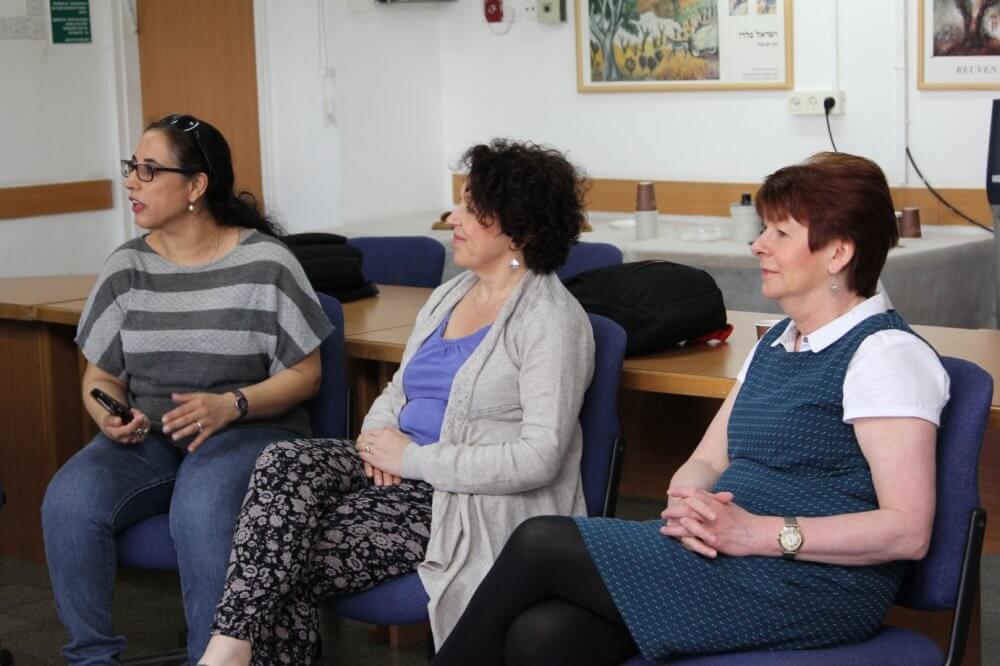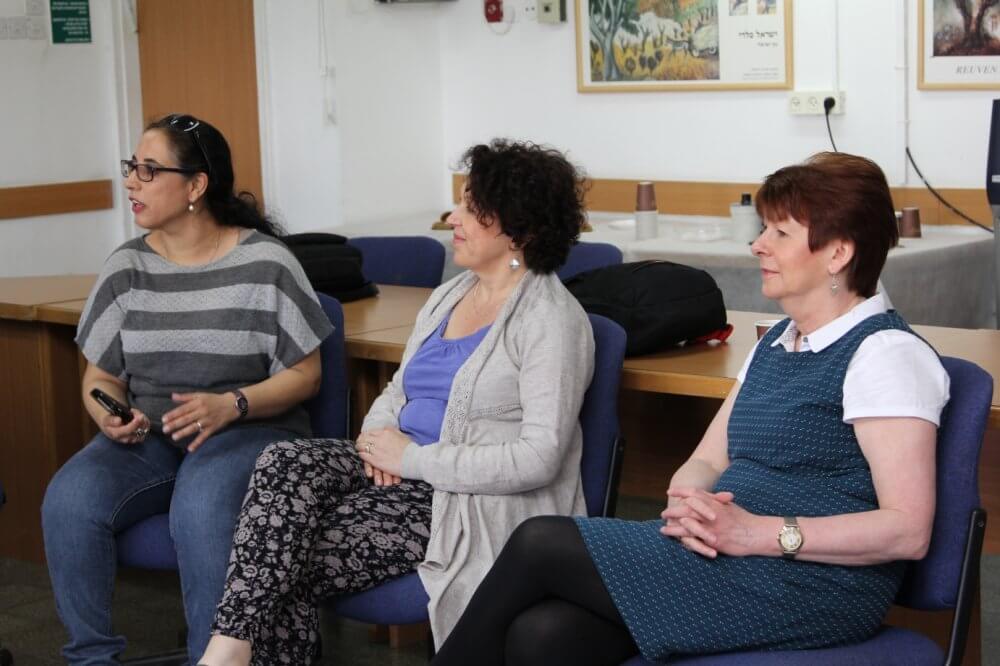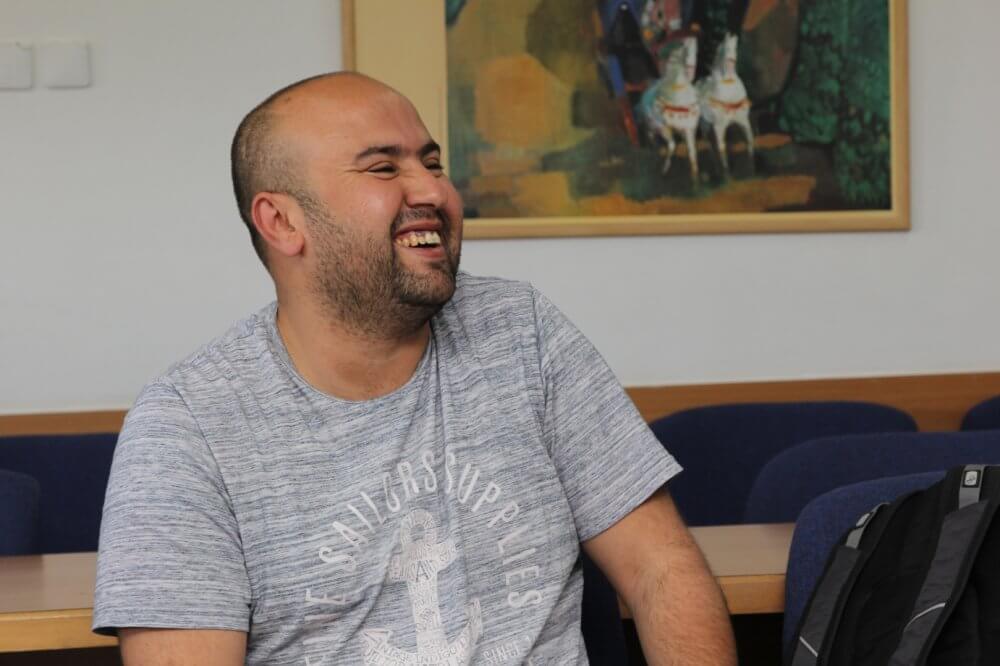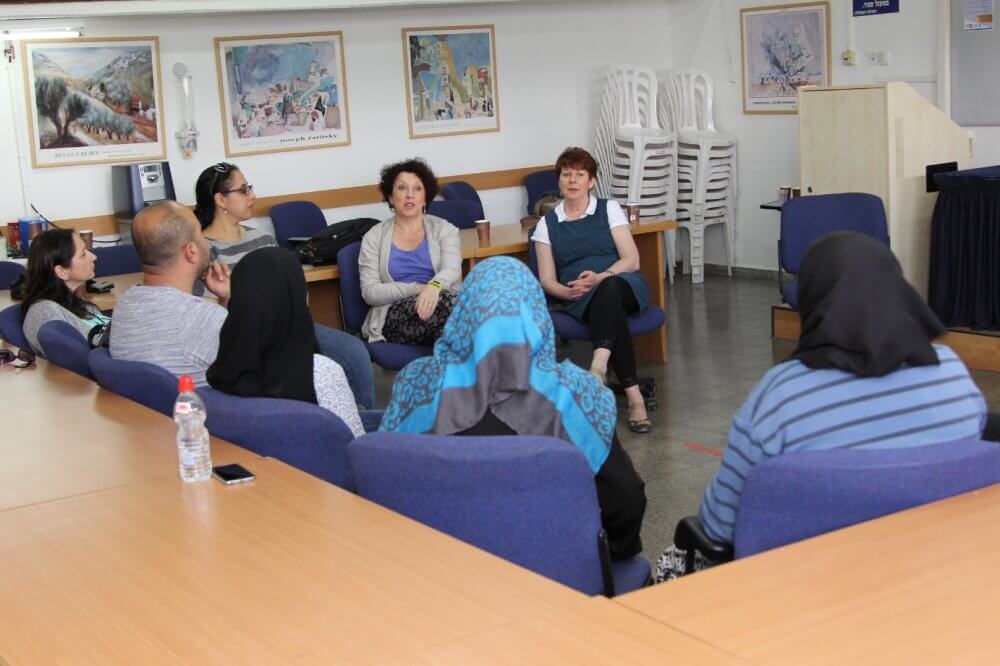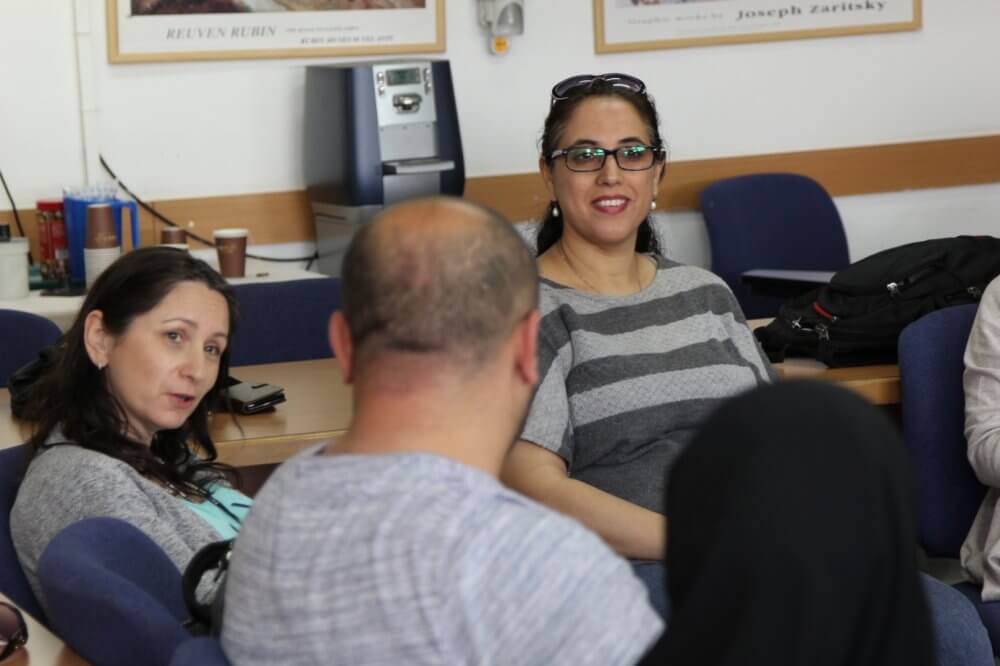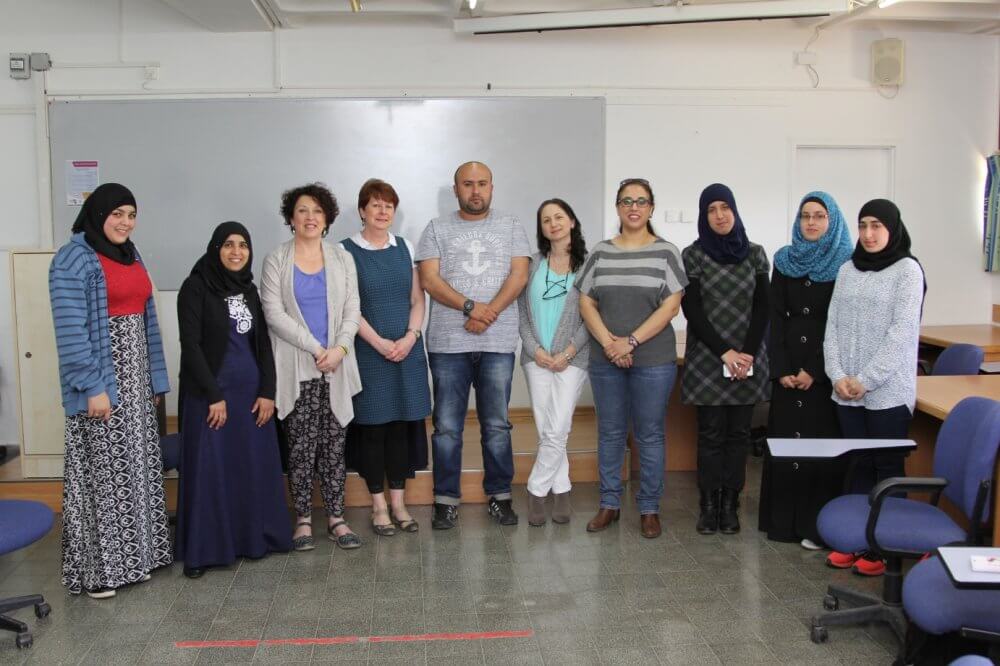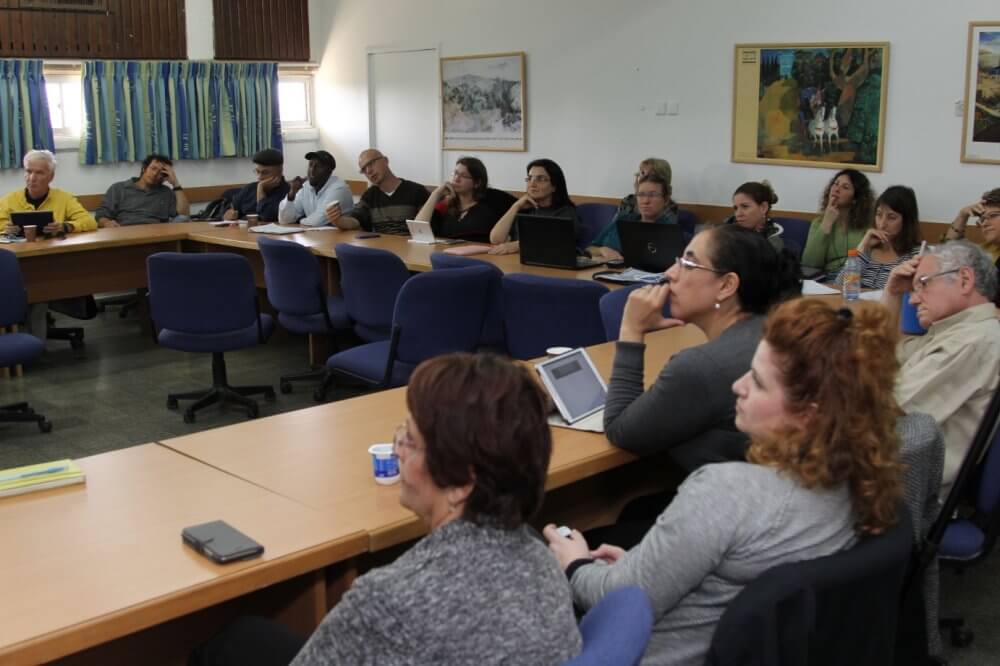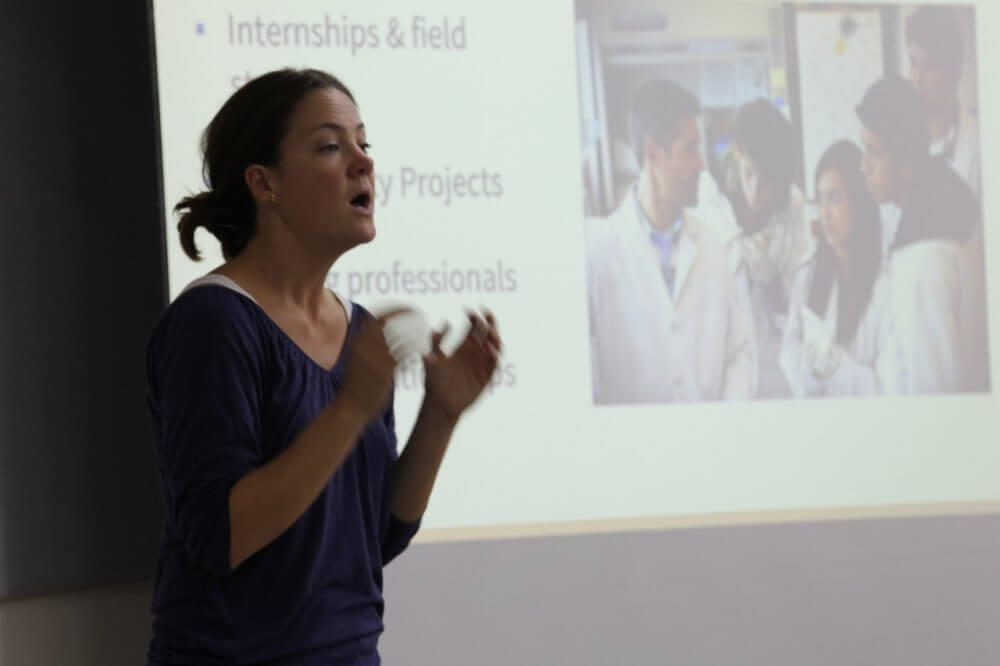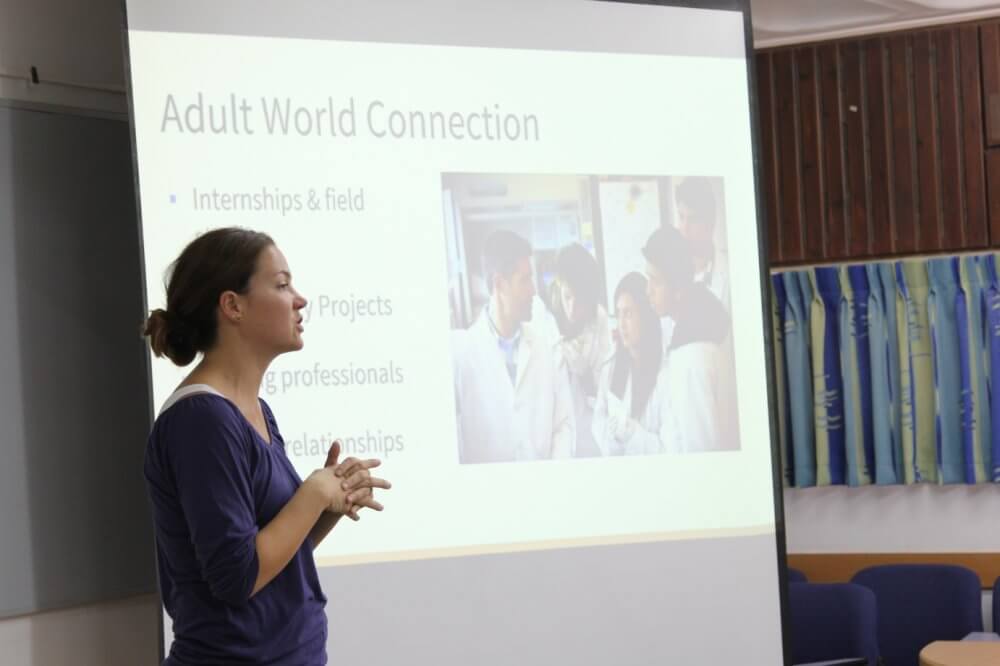Fulbright ETA Roderick Selman : " Kaye’s faculty and students show mutual understanding and empathy."
When first I received the news that I would be a Fulbright English Teaching Assistant in Israel, I began jumping up and down while spinning and screaming. My then girlfriend Victoria and my best friend Matt were startled by my reaction, but even more happy for me. For me, coming to Israel was something I never thought would happen and a way to challenge myself. I had lived abroad before in other countries in the Middle East but had only seen Jerusalem on a short visit, so I didn’t know what exactly life here would be like.
When I first found out that I was coming to Kaye Academic College and that I would live in Beer Sheva, I wasn’t sure how to feel. Having lived in the desert before I laughed and thought well at least I’ll be used to the heat. Beer Sheva has felt like home, I loved being here because the city doesn’t feel crowded, the sidewalks are wide for bike riding, and the people are kind. I quickly made friends around the park I live in and within two weeks was visiting people’s homes for Shabbat dinner, attending social clubs with students from Ben Gurion, and playing guitar with locals. I felt like I was seen as Rod the American, instead of just one American among a sea of other foreigners like in more populated areas of Israel.
Now to talk about Kaye, when I spoke to the previous Fulbright Sam, he told me that “Kaye is a magical place” and I have seen that lived out before me. In a country that can feel so divided at times, Kaye’s faculty and students show mutual understanding and empathy. I have seen our students grow and mature academically and personally. I have been happy to witness Jewish and Arab students that entered a classroom as strangers and by the end of the semester they left as close friends. It has been an absolute joy working for Kaye Academic College, and this has been a season of my life that I will always cherish and look upon fondly.
So what else have I been up to in Israel? During my pastime here, I have visited many national and archeological parks. I have traveled to roughly 40 national parks and nature reserves, revisiting many of them multiple times. Focusing mainly on locations where Biblical accounts occurred, living in Israel has greatly increased my knowledge and understanding of historical accounts in the Bible. I also travel by bus to Nazareth every Saturday night so that I can attend worship at the Nazareth Church of Christ on Sunday morning. Coming to know other Christians in Nazareth has greatly encouraged me every week. My faith will forever be impacted by my time in Israel.
The happiest day of my life occurred during my Fulbright Grant, I travelled back to the United states at the end of semester Aleph and married my fiancé Victoria. Married life in Israel has been even better than I could have imagined. We have both enjoyed our time working with the students at Kaye, having friends and family visit us, and traveling the country together. We have enjoyed using the tennis courts on campus, and learning Hebrew from Shahar one of the English Students.
As our time in Israel is coming to a close, I have realized that over time my memory may fade, but I will always remember just how much I’ve felt here. Feeling anxiety ranging from missing a bus on the way to school to hearing the rocket siren for the first time. Confusion trying to communicate with the little Hebrew I understand for a falafel sandwich, the joy of seeing our students learn, the happiness gleaming from the smiles on their faces, but most importantly, the abundant love that I have found in this country from Arabs, Jews, Christians, and Muslims. My times here will be something that I speak of in fondness for the rest of my life.

